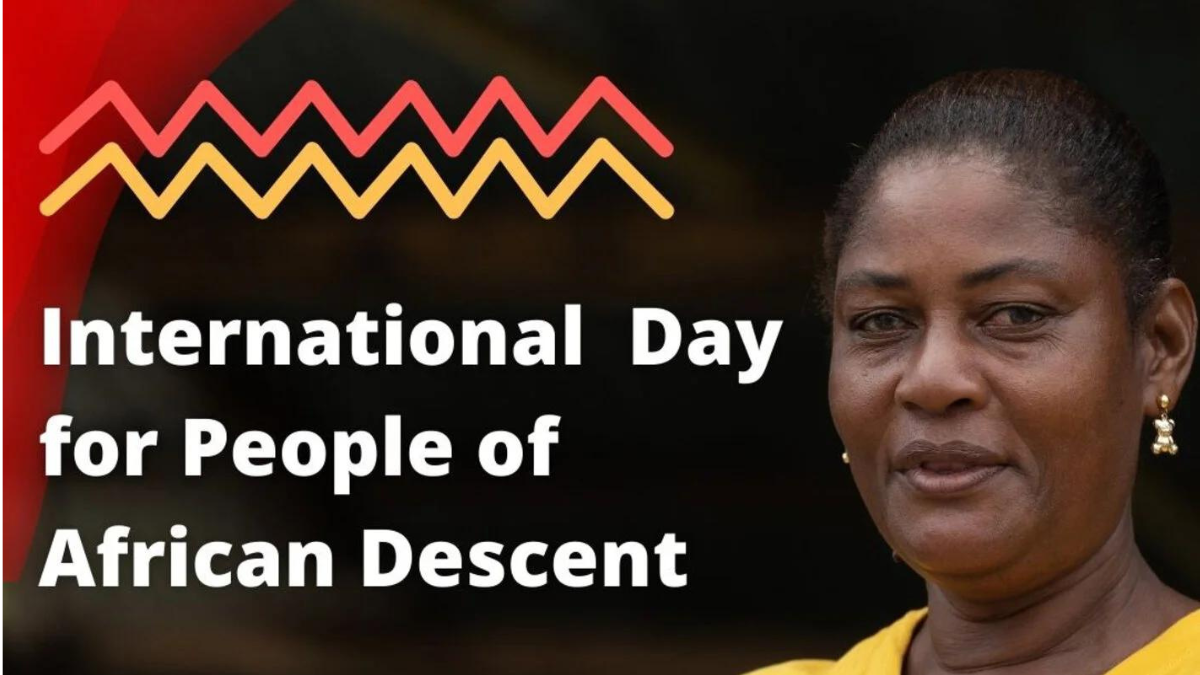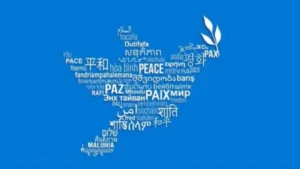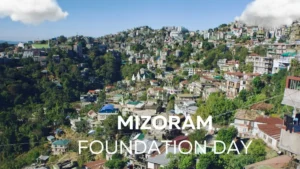The International Day for People of African Descent Observed on 31st August to marks a significant milestone in the global recognition of the contributions and challenges faced by individuals of African descent worldwide. As we commemorate this day, we also approach the conclusion of the International Decade for People of African Descent, an initiative launched by the United Nations General Assembly to safeguard the human rights of people of African descent, particularly in the Americas.
The Intersection of Race and Gender
While progress has been made towards recognition, justice, and development for people of African descent, significant challenges persist. Women and girls of African descent face particularly complex issues due to the intersection of racial discrimination and gender inequality. These compounded challenges often have severe, sometimes even deadly, consequences.
UNFPA’s Collaboration with May Solimar
To highlight the importance of this day and the ongoing issues faced by Afrodescendants, the United Nations Population Fund (UNFPA) has collaborated with May Solimar, an Afro-Brazilian designer, illustrator, and comic artist. This partnership has resulted in the creation of impactful comic stories that showcase the vital work of people of African descent, such as Siannie Palmer, a midwife who has supported expectant mothers in Costa Rica for decades.
The International Decade for People of African Descent
Objectives and Significance
The International Decade, spanning from 2015 to 2024, aims to:
- Recognize people of African descent in the Americas as a distinct group
- Promote the extraordinary contributions of the African diaspora worldwide
- Eliminate all forms of discrimination against people of African descent
Core Values and Principles
The observance of this decade reflects several key values:
- The belief that all human beings are born free and equal in dignity and rights
- The rejection of any doctrine of racial superiority as scientifically false and morally condemnable
- The condemnation of structural racism in criminal justice systems globally
- The acknowledgment of the Transatlantic Slave Trade as one of the darkest chapters in human history
Progress and Ongoing Challenges
Advancements
- Legislative, policy, and institutional progress in recognizing the rights of people of African descent
- Increased efforts to make Afrodescendants more statistically visible
- Introduction of policies to promote rights and choices for people of African descent
Persistent Issues
- Continued suffering from intersectional and compounded forms of racial discrimination
- Marginalization and exclusion in various aspects of society
- Lack of recognition as a major barrier to the full enjoyment of human rights
The Impact of Recent Events
COVID-19 Pandemic
The pandemic highlighted the urgent need to address long-standing structural inequalities and systemic racism in health systems.
George Floyd’s Murder and Global Reactions
The tragic event in 2020 catalyzed worldwide protests against racism and racial discrimination, prompting crucial global discussions on racial justice.
UN Human Rights Council Resolution
On June 19, 2020, the Council adopted a resolution on the “Promotion and protection of the human rights and fundamental freedoms of Africans and people of African descent against excessive use of force and other human rights violations by law enforcement officers.”
The Underground Railroad: A Symbol of Resistance and Courage
Historical Significance
The Underground Railroad played a pivotal role in establishing African American resistance against slavery and oppression.
Key Figures
- Harriet Tubman: A legendary figure who risked her life to help others escape slavery
- Josiah Henson: An Underground Railroad forerunner whose life inspired Harriet Beecher Stowe’s novel “Uncle Tom’s Cabin”
Modern-Day Connections
Saladin Allah, a descendant of Josiah Henson, works as a visitor experience specialist at the Niagara Falls Underground Railroad Heritage Center. As an educator, author, and human rights advocate, he continues the legacy of his ancestors by sharing these important stories and promoting education and historical truth-telling.




 International Mother Language Day 2026: ...
International Mother Language Day 2026: ...
 Arunachal Pradesh Foundation Day 2026: P...
Arunachal Pradesh Foundation Day 2026: P...
 Mizoram Foundation Day: A Tribute to Cul...
Mizoram Foundation Day: A Tribute to Cul...








